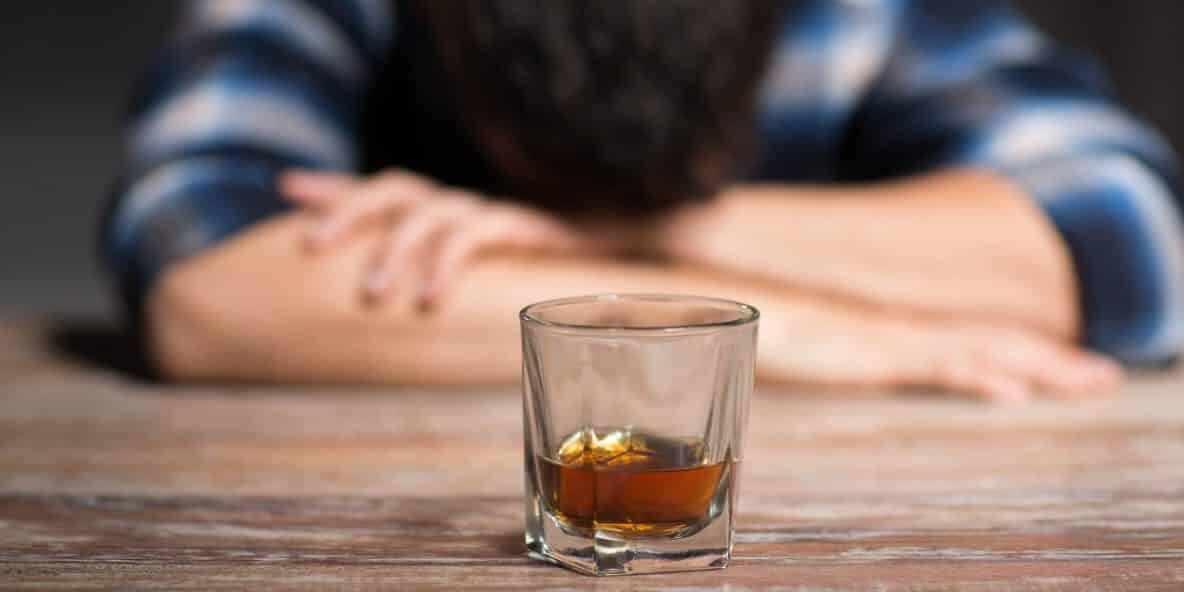Alcohol Use and Cancer. How does alcohol raise cancer risk?
Alcohol use linked to cancer - How does alcohol raise cancer risk?
Dr. Singhal’s Insight On Alcohol Abuse And Recurrence Of Cancer
Frequent alcohol misuse can have various outcomes, helpful or harmful, on the health of the consumer. For example, light-to-moderate alcohol consumption. may shield against several types of heart conditions and stroke. On the other hand, substantial drinking has been linked with liver disease; cardiovascular disease; disorders of the digestive tract; and illness or death from alcohol-related damages, motor vehicle crashes, and violence. Another group of disorders that have been associated with drinking is cancer, especially cancers of the upper airway and digestive tract.
Does Alcohol Misuse Cause Cancer?
Dr. Shyamali Singhal says, that similarly to tobacco, alcohol is one of the several substances consistently connected to a raised risk of cancer. The type of alcohol—wine, beer, or liquor—does not matter much; it’s the amount that makes the difference.
What Types Of Cancer Can Be Caused By Alcohol
Drinking alcohol raises the risk of developing the following types of cancer:
Breast cancer
Colorectal cancer
Head and neck cancers, particularly cancers of the oral cavity (mouth), pharynx (throat), and larynx (voice box)
Liver cancer
Esophageal cancer
The Risk Grows With Heavy Drinking
The risk of developing these cancers is more distinguished the more a person drinks, especially over prolonged periods of time. The risk is higher for cancers of the larynx, esophageal, and oral cavity. This is because these tissues come into direct contact with the alcohol when a person consumes it.
Most people presumably know that smoking and getting too much sun can cause cancer. But one may not realize the dangers of cancer from sipping on some fine wine, having an occasional beer, or enjoying cocktails from time to time. In fact, 7 out of 10 Americans are oblivious to this link. Researchers have discovered that drinking can cause chemical and other physical changes in human bodies that make cancers more likely to happen. Alcohol is directly accountable for about 5% of new cancer occurrences and cancer-related deaths throughout the world.
Alcohol is the general term for ethanol or ethyl alcohol, a chemical substance found in alcoholic drinks such as beer, hard cider, malt liquor, wines, and distilled spirits also known as liquor. Alcohol is produced by the fermentation of sugars and starches by yeast. Alcohol is also found in some medicines, mouthwashes, and household products, including vanilla extract and other flavorings. According to the National Institute on Alcohol Abuse and Alcoholism, a standard alcoholic drink in the United States contains 14.0 grams (0.6 ounces) of pure alcohol.
The Digestion Of Alcohol
When a person drinks alcohol, the body breaks it down into a chemical called acetaldehyde. Acetaldehyde harms the DNA and prevents the body from fixing the damage. DNA is the cell’s blueprint that regulates a cell’s normal growth and purpose. When DNA is broken, a cell can start turning out of control and form a cancerous tumor.
In studies of breast cancer survivors, average alcohol consumption seemed not to increase the risk of cancer recurrence. To add to that, moderate alcohol use was not shown to reduce survival rates.
Comparable information about other types of cancers is limited. Nevertheless, it is apparently still best to evade heavy drinking after a cancer diagnosis because of the connection to cancer risk.
Studies also show that head and neck cancer survivors who continue to drink are at a heightened chance of cancer returning at some point later in life. This is particularly true with moderate to heavy drinking.
If you are a cancer survivor, talk with your doctor about how much alcohol you drink and the impact it could have on your long-term health.
Usually, the more someone drinks, the higher are the odds of developing cancer. Heavy drinkers, who drink two or more drinks daily, are inclined to get cancer. Even if you’re a light drinker, which means drinking no more than three drinks a week, your chances are still higher than for non-drinkers.
How To Reduce The Chances Of Getting Alcohol-Related Cancer
Alcohol raises the chances of cancer in at least seven parts of the human body.
There is a clear scientific accord that alcohol drinking can cause numerous types of cancer. In its Report on Carcinogens, the National Toxicology Program of the US Department of Health and Human Services notes the misuse of alcoholic beverages as a known human carcinogen.
Dr. Singhal sais that the evidence indicates that the more alcohol a person drinks—particularly the more alcohol a person drinks steadily over time—the higher the risk of contracting alcohol-associated cancer. Even light drinkers- those who have no more than one drink per day- and binge drinkers have a moderately heightened risk of some cancers. Based on data from 2009, an approximated 3.5% of cancer deaths in the United States were alcohol-related
Simultaneously with trimming down on the amount you drink, a good diet and exercise are key to maintaining health. Eating at least five portions a day of fresh fruit and vegetables can have a guarding effect against cancer, primarily mouth, throat, stomach, and lung cancers.
According to the CMO guidelines, just 30 minutes of reasonable activity a day, five days a week, can have a decisive effect on your health. As well as being good for the heart, a study has shown that it can also lessen the risk of growing breast, bowel or womb cancer. Running with the Chief Medical Office's physical activity guidelines each week could help to block more than 3,400 cases of cancer every year.




